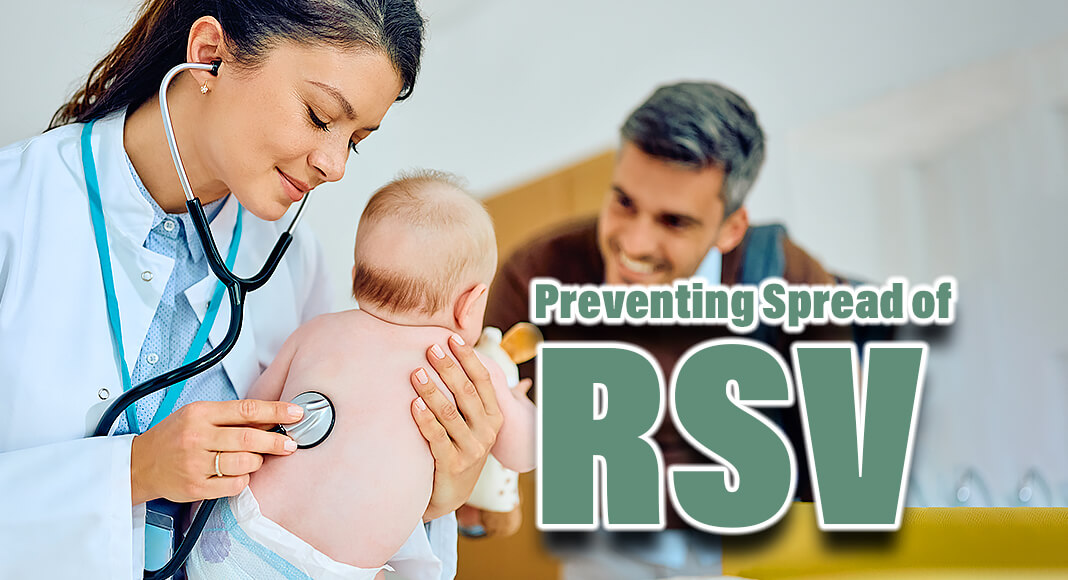
Mega Doctor News
CLEVELAND CLINIC – RSV cases continue to be reported across the United States, which Frank Esper, MD, pediatric infectious disease specialist with Cleveland Clinic Children’s, said is typical for this time of year.
“Usually around December, January we see a huge surge in babies who are hospitalized for RSV infection,” said Dr. Esper. “Most commonly, they’re under the age of two, but under the age of six months is when they really have a hard time with it.”
For those unfamiliar, RSV is a highly contagious respiratory virus.
Babies, children under two, and some adults, like those with certain medical issues or who are 65 and older, are most at risk.
Symptoms can include a cough, runny nose, congestion, sneezing, sore throat, fever, mild headache and lack of energy.
In severe cases, they could have trouble breathing and need to be hospitalized.
To help prevent the spread of RSV, Dr. Esper said people should regularly wash their hands, sanitize any high touch areas and stay home when sick.
However, even doing that might not be enough.
“You go out into the world and you’re going to have exposure to RSV. It doesn’t always have to be the school. It could be the supermarket, it could be a movie theater, it could be a drugstore,” he said. “There are people out there that have RSV and don’t even know that they’re sick, and then they could then spread it to people who do get sick.”
Earlier this year, RSV vaccines were approved for women who are pregnant and adults who are 60 and older.
There’s also an RSV immunization shot for babies under eight months.
Dr. Esper recommends those who are eligible to get them.









